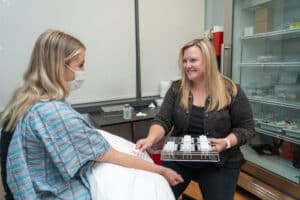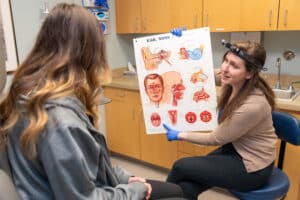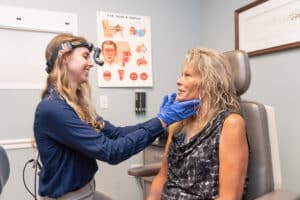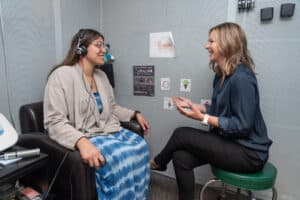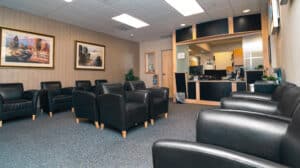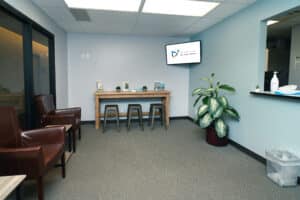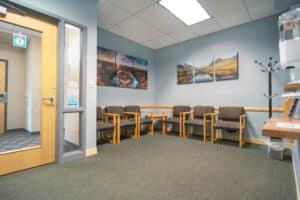Hearing Protection
How to Protect Your Hearing
To protect your hearing and maintain healthy auditory function, consider the following tips:
- Use ear protection in loud environments, such as concerts, sporting events, or when operating noisy machinery.
- Limit your exposure to excessive noise and take breaks in quieter areas when possible.
- Be mindful of the volume level when using headphones or earbuds, and avoid prolonged listening at high volumes.
- Regularly clean your ears, but avoid inserting objects into the ear canal that could cause damage.
- If you work in a noisy environment, make sure to comply with hearing conservation regulations and wear appropriate hearing protection provided by your employer.
- Stay aware of potential ototoxic medications (medications that can damage hearing) and discuss any concerns with your healthcare provider.
- Maintain a healthy lifestyle, including managing chronic conditions like diabetes and maintaining cardiovascular health, as they can affect hearing.
- Schedule regular hearing check-ups with an ENT specialist to monitor your hearing health and address any concerns.
- Schedule a routine hearing screen if you are 50 years old or older.
Frequently Asked Questions Regarding Hearing Protection
Contact Us Today!
At Boulder Valley Ear, Nose & Throat Associates, we provide the highest quality patient care in a friendly, professional atmosphere. We emphasize personalized customer service, availability, efficiency, honesty and integrity, and attention to detail. We strive to do things the right way at every level, all the time.
If you are at risk for hearing loss and are interested in learning more about hearing protection, schedule an appointment with one of our caring and experienced ENT specialists for a full evaluation today!

